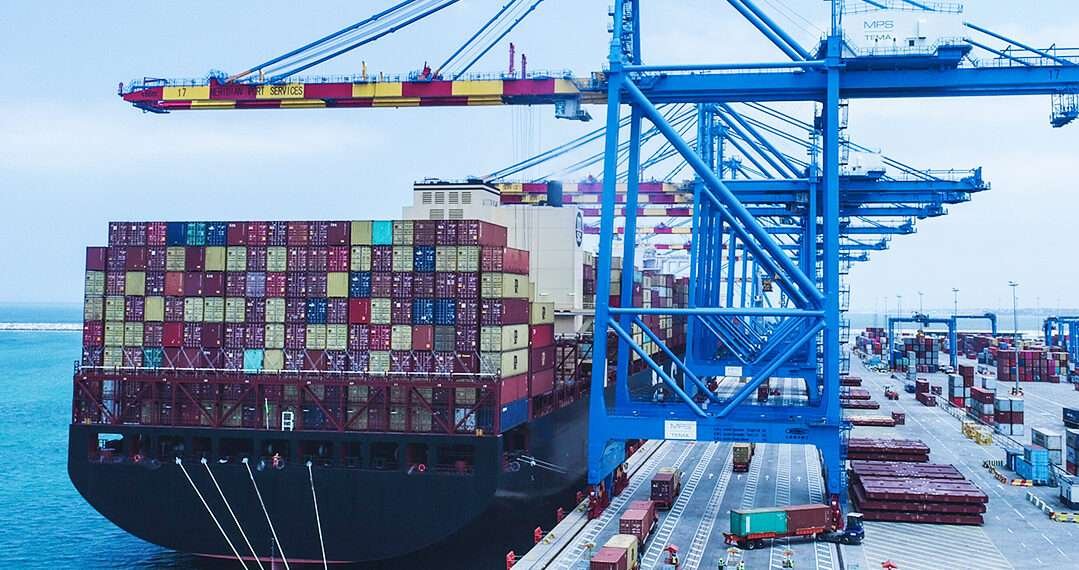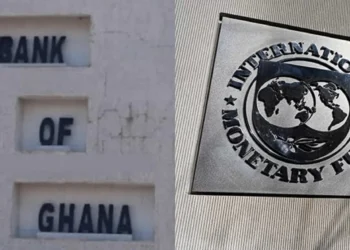A Coalition of 55 Civil Society Organizations (CSOs) focused on reproductive health in Ghana has urgently urged the government to expedite the clearance of essential Family Planning (FP) commodities at the port.
According to the Coalition, these essential medical supplies have been held at Tema Port for over seven months, significantly impacting access to crucial Family Planning (FP) services in the country.
In a statement, the Coalition emphasized that this action is vital to prevent a shortage of these commodities, as such a shortage could significantly raise the incidence of unintended pregnancies, resulting in unsafe abortions and increased maternal mortality.
“The FP commodities valued at $1,610,563 donated to Ghana by the West Africa Health Organization (WAHO) and United Nations Population Fund (UNFPA), among other medical products, have not been cleared from the port since February 2024.
“According to the Coalition, the delay in clearance, caused by unpaid duties and subsequent demurrage fees, has led to critical shortages of key contraceptive supplies at the central and regional medical stores and health facilities across the country”.
Coalition of 55 Civil Society Organizations (CSOs)
The Coalition further stated that the prolonged stockout of these essential supplies significantly undermines national efforts to enhance health outcomes for Ghanaians.
According to the Coalition, this shortage not only increases the risk of unintended pregnancies but also jeopardizes ongoing initiatives aimed at improving maternal, newborn, and child health across the country.
Without access to these vital resources, the Coalition noted, the overall well-being of families and communities is at stake, making it critical for the government to take immediate action to resolve this issue.
The Coalition noted that, according to MSI’s impact calculator, the use of these Family Planning (FP) commodities by women is estimated to prevent 2,514 child deaths, 255 maternal deaths, and 62,728 unsafe abortions, while also averting 199,182 unintended pregnancies.
Moreover, this proactive approach could save the government of Ghana over two hundred million Ghana cedis in direct healthcare costs, allowing for the allocation of resources to other critical health initiatives.
Delays Threaten Family Planning Commitments
Furthermore, the Coalition indicated that delays in clearing essential Family Planning (FP) commodities, which result in stockouts, raise concerns about the commitment to providing quality FP information and resources.
According to the Coalition, these delays also jeopardize the objectives of the African Union Agenda 2063 and the broader Sustainable Development Goals.
Accordingly, the coalition noted that the government’s inconsistent management of donated supplies undermines Ghana’s commitment to these national and global objectives.

This mismanagement also poses a risk to the country’s international reputation and future partnerships.
“Ghana recently launched the Ghana Family Planning Costed Implementation Plan (GFPCIP), reaffirming the government’s commitment to ensuring that by 2030, all persons of reproductive age have equitable and timely access to quality FP information, commodities, and services in line with global FP2030 goals.
“The Coalition is asking the government to immediately clear the FP commodities by paying the duties and accrued demurrage. The Coalition is urging the government to take decisive and proactive measures to prevent any future occurrence of similar delays and potential loss of donated commodities”.
Coalition of 55 Civil Society Organizations (CSOs)
The Coalition further demanded that a comprehensive quality control assessment of the commodities be conducted immediately after they are cleared from the port. “This assessment is crucial to ensure that the use of these commodities is not detrimental to users’ health”.
The Coalition urged the government to prioritize the enhancement of health outcomes for Ghanaians, particularly in the area of reproductive health, recognizing its crucial role in overall well-being.
It emphasized its unwavering commitment to collaborating with the government and other stakeholders to ensure that the country fulfills its Family Planning commitments.
According to the Coalition, this collaboration aims to promote healthier communities and enhance the quality of life for all citizens.
READ ALSO: Polio Resurgence in Conflict Zones Spurs Urgent Global Action




















